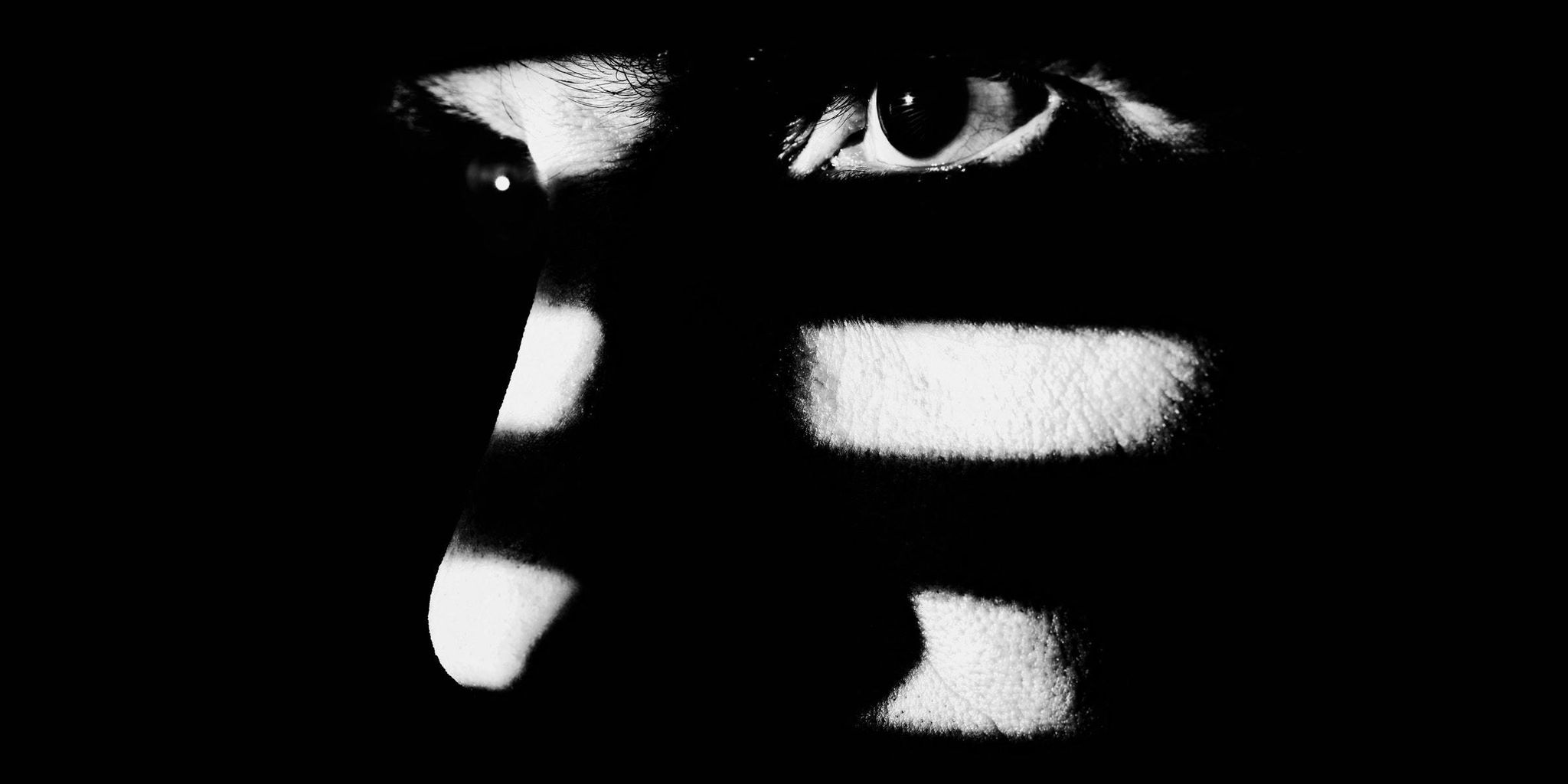
Fear, to be afraid, is obviously a cornerstone of horror. Yet what exactly it is is specific and possible to explore. At its simplest fear is the anticipation. The “unpleasant emotion” that comes from being threatened, or from a potential threat to others. Fear is what builds up before something actually happens, or after an event when you become afraid of it happening again.
No one is afraid of a jump scare. You’re surprised by a jump scare, getting a rush of adrenaline. You’re afraid as you wait for the jump scare to happen. A jump scare is being startled by what’s there when you open the door, the feeling of fear is reaching for the doorknob to open it. The worry of what MAY be there.
If anything, something actually happening is a release from fear. It can be something else equally terrible happening, and the fear can return afterwards, but fear is a distinctive and terrible anxiety. It’s something not happening that may yet come, it’s your imagination running wild and self destructive.
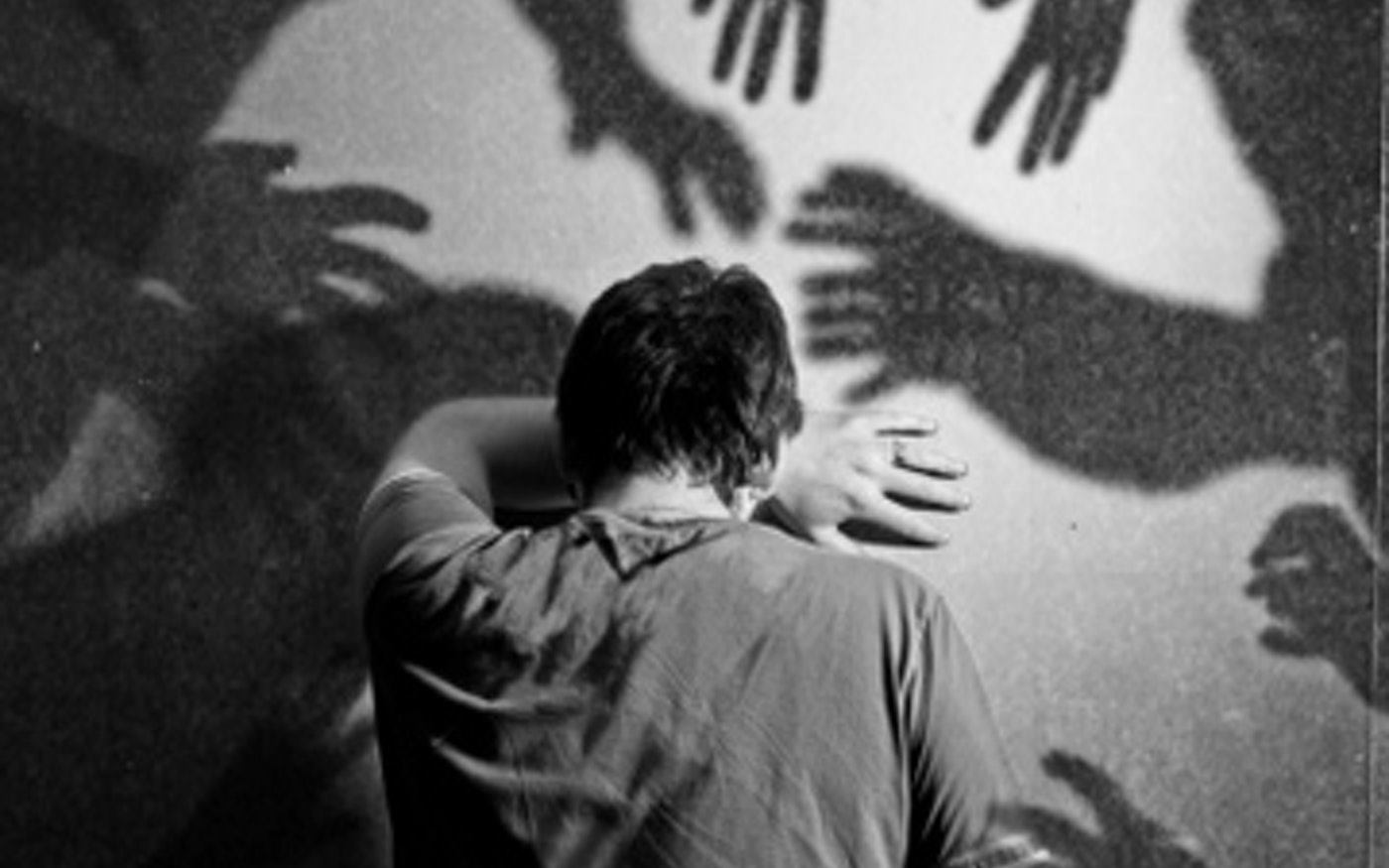
True, effective horror makes you afraid.
Afraid while you’re engaged with the media, and afraid afterwards of what may happen to you. That’s the thrill of being a horror fan, really. Horror that lingers, fear that follows you, is a rare treat provided it’s all safe and in good fun.
The article series ‘defining fear‘ is intended as a horror encyclopedia, and by doing simply what it states in the title is going to get into specifics on a per entry basis, so I’ll need to go broader here.
WHY do we fear?
At its most primal, what is this mechanism?
Well, it’s about staying alive. Pretty much every phobia is in some way going to be your lizard brain trying to keep you safe. Phobias, specifically, are an irrational fear yet you can see what this instinctive pushback is trying to achieve. To be afraid of heights and flying is irrational, after all it’s the falling that kills you, but avoiding these things diminishes the risk of hurting yourself or dying by misadventure relating to the two. To be afraid of confined spaces can be irrational, but your lizard brain has a point about how if you never go in them you cannot be trapped in one.
Quoting Stephen King’s introduction to Night Shift, as he gives his take on the roots of fear:
“Fear is the emotion that makes us blind. How many things are we afraid of? We’re afraid to turn off the lights when our hands are wet. We’re afraid to stick a knife into the toaster to get the stuck English muffin without unplugging it first. We’re afraid of what the doctor may tell us when the physical exam is over; when the airplane suddenly takes a great unearthly lurch in midair. We’re afraid that the oil may run out, that the good air will run out, the good water, the good life. When the daughter promised to be in by eleven and it’s now quarter past twelve and sleet is spatting against the window like dry sand, we sit and pretend to watch Johnny Carson and look occasionally at the mute telephone and we feel the emotion that makes us blind, the emotion that makes a stealthy ruin of the thinking process.
The infant is a fearless creature only until the first time the mother isn’t there to pop the nipple into his mount when he cries, The Toddler quickly discovers the blunt and painful truths of the slamming door, the hot burner, the fever that goes with the croup or the measles. Children learn fear quickly; they pick it up off the mother or father’s face when the parent comes into the bathroom and sees them with the bottle of pills or safety razor.”
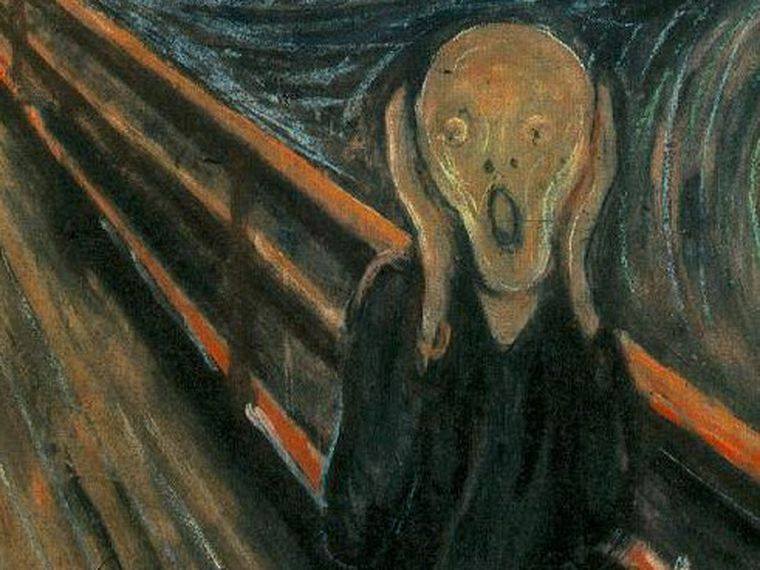
This sounding so severe, an almost animal response to keeping ourselves alive, to face it being a “rehearsal for our own deaths”… It seems strange that so much entertainment produced is trying to tap into this. Even outside of the horror genre facing fear is something we keep coming back to for fun: Fear of failure, fear of death, fear of conflict going unresolved. Fear drives people in a lot of ways and some of them curiously positive. I’ll cover why fear based media is entertaining in a future article on Catharsis.
For now though, I hope I’ve given you some food for thought on fear itself.
“So, first of all, let me assert my firm belief that the only thing we have to fear is…fear itself” – Franklin D. Rosevelt
More Reviews:
Rokuroku: The Promise of the Witch (2018) Film Review – An Exceedingly Entertaining Haunted Funhouse Ride
There is something incredibly endearing about anthology films, especially those in the horror genre. In fact, I would wager to say that this format of filmmaking works best with horror,…
Mad Heidi (2022) Film Review – A Loving Look at the Discarded Exploitation Films of the 1970s
“Yodel me this!” – Heidi Long before home media and even longer before video streaming, the only way to see original movies was to go to the theater. Most theaters…
The Mildew from Planet Xonader (2017) Film Review – Beautifully Moist
The Mildew from Planet Xonader is a 2015 English-language Italian splatter horror film, written and directed by Giulio De Santi and Neil Meschino, with additional writing from Dave Fogerson and…
Blast (2021) Film Review – An Explosive French Thriller
Blast 2021, or Deflagrations in its cooler sounding, original French title, is a tense thriller focusing on a small company that disarms landmines around the world. After a recent successful…
The Moor (2023) Film Review – Cronin’s Atmospheric Horror is a Must Watch
In today’s world of flashy graphics and CGI, audiences have become immune to fantastical horror, pushing some writers to create content to test our boundaries with the extreme. In The…
Door (1988) Film Review – Home Invasion J-Horror [Fantastic Fest]
Door is a 1988 Japanese psychological horror thriller written and directed by Banmei Takahashi with additional writing from Ataru Oikawa. Beginning his career in Pinku Eiga in the 70s, Takahashi…
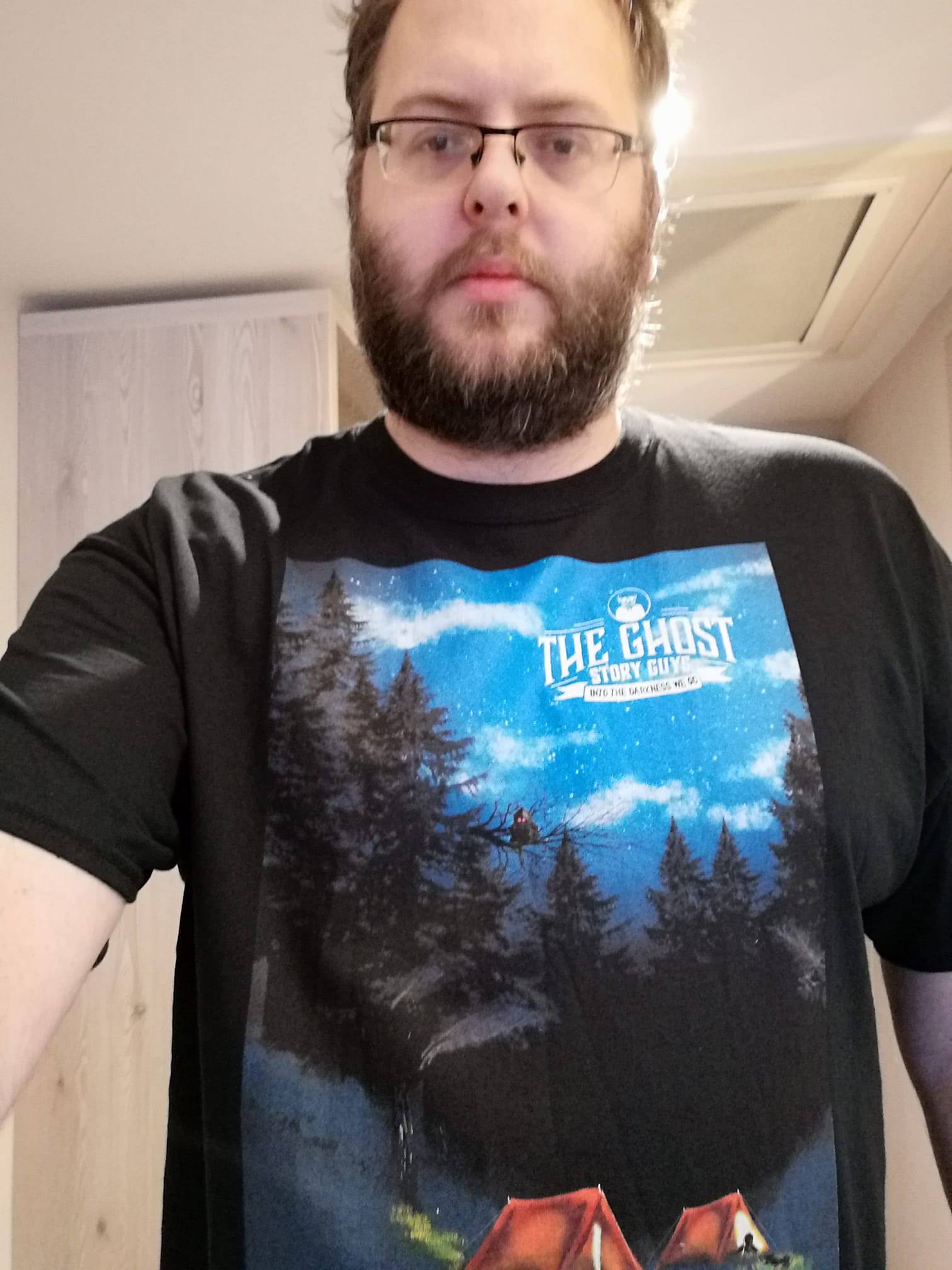
Luke Greensmith is an Editor at the Grimoire of Horror and an active folklorist as well as working in film across a few roles. While this can cover quite a wide range of things, he’s a dedicated horror fan at heart and pretty involved with horror communities both online and local to him. You can find their folklore work on the Ghost Story Guys Podcast, their own LukeLore podcast, and accompanying the artist Wanda Fraser’s Dark Arts series as well as on the Grimoire of Horror itself.
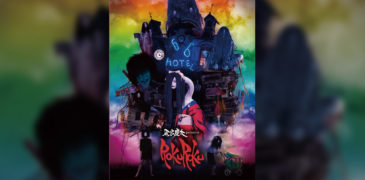


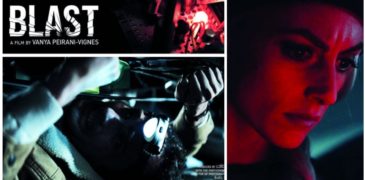
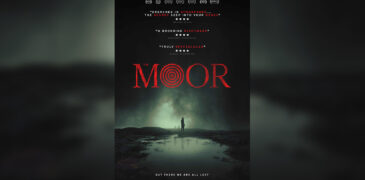
![Door (1988) Film Review – Home Invasion J-Horror [Fantastic Fest]](https://www.grimoireofhorror.com/wp-content/uploads/2023/09/Door-cover-365x180.jpg)